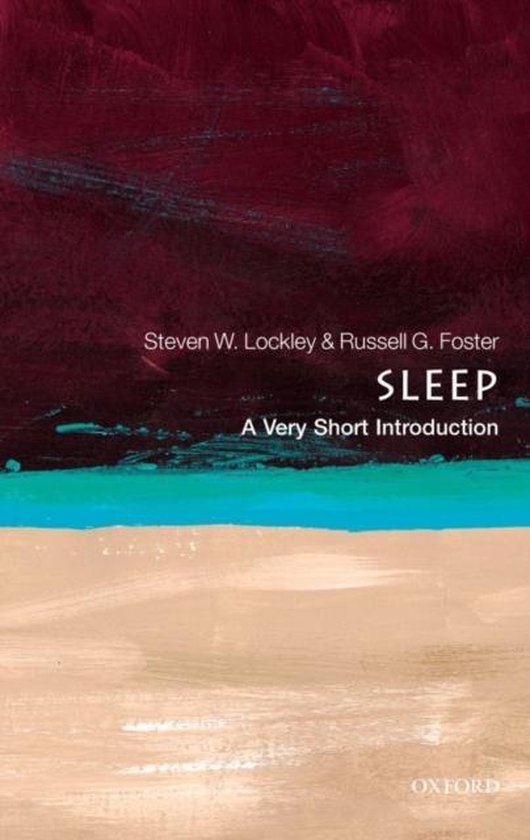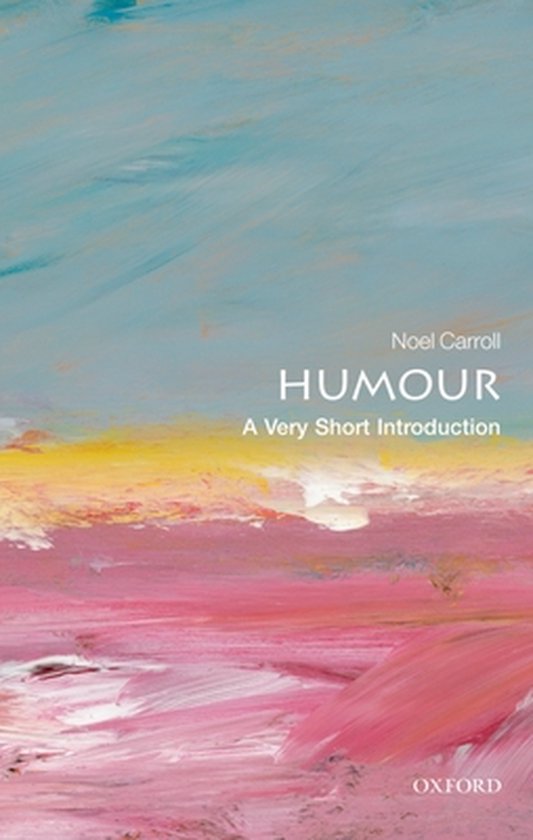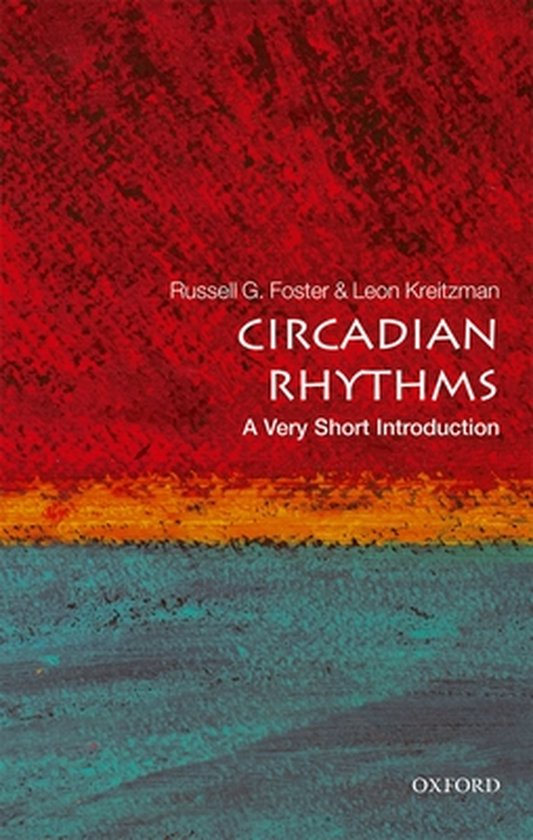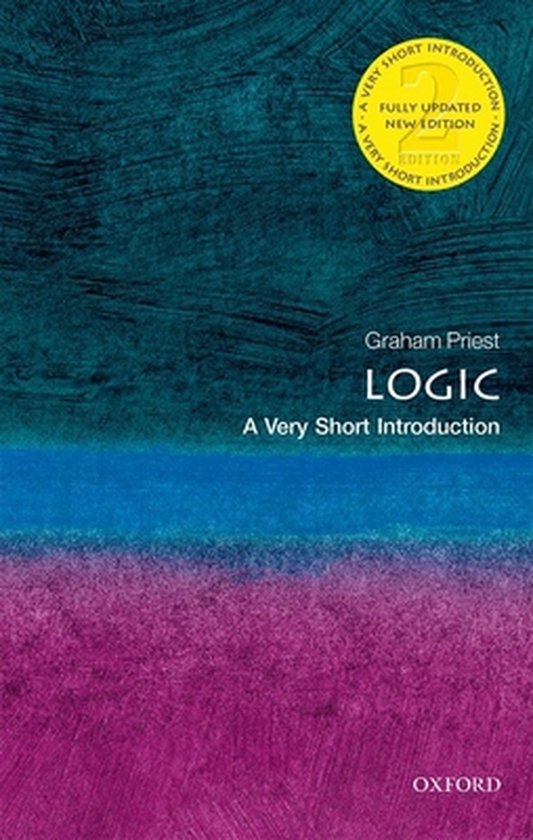
Sleep A Very Short Introduction
Why do we need sleep? What happens when we don't get enough? From the biology and psychology of sleep and the history of sleep in science, art, and literature; to the impact of a 24/7 society and the role of society in causing sleep disruption, this Very Short Introduction answers everything you've ever wanted to know about sleep.
Why do we need sleep? How much sleep is enough? What is sleep? What happens when we don't get enough? We spend about a third of our lives asleep - it plays a crucial role in our health and wellbeing. References to sleep abound in literature and art, and sleep has been recognized as fundamental to the human condition for thousands of years. Over the past century, our knowledge of how sleep occurs, what it does, and what happens to our health if we do not have enough has developed hugely. The impact of poor sleep on our quality of life is also gaining recognition and the prevalence of sleep disorders in the population appears to be increasing as we live ever stressful lives. This Very Short Introduction addresses the biological and psychological aspects of sleep, providing a basic understanding of what sleep is and how it is measured, looking at sleep through the human lifespan and the causes and consequences of major sleep disorders. Russell G. Foster and Steven W. Lockley go on to consider the impact of modern society, examining the relationship between sleep and work hours, and the impact of our 24/7 society. ABOUT THE SERIES: The Very Short Introductions series from Oxford University Press contains hundreds of titles in almost every subject area. These pocket-sized books are the perfect way to get ahead in a new subject quickly. Our expert authors combine facts, analysis, perspective, new ideas, and enthusiasm to make interesting and challenging topics highly readable.
Why do we need sleep? How much sleep is enough? What is sleep? What happens when we don't get enough? We spend about a third of our lives asleep - it plays a crucial role in our health and wellbeing. References to sleep abound in literature and art, and sleep has been recognized as fundamental to the human condition for thousands of years. Over the past century, our knowledge of how sleep occurs, what it does, and what happens to our health if we do not have enough has developed hugely. The impact of poor sleep on our quality of life is also gaining recognition and the prevalence of sleep disorders in the population appears to be increasing as we live ever stressful lives. This Very Short Introduction addresses the biological and psychological aspects of sleep, providing a basic understanding of what sleep is and how it is measured, looking at sleep through the human lifespan and the causes and consequences of major sleep disorders. Russell G. Foster and Steven W. Lockley go on to consider the impact of modern society, examining the relationship between sleep and work hours, and the impact of our 24/7 society. ABOUT THE SERIES: The Very Short Introductions series from Oxford University Press contains hundreds of titles in almost every subject area. These pocket-sized books are the perfect way to get ahead in a new subject quickly. Our expert authors combine facts, analysis, perspective, new ideas, and enthusiasm to make interesting and challenging topics highly readable.
| Auteur | | Steven W. Lockley |
| Taal | | Engels |
| Type | | Paperback |
| Categorie | | Persoonlijke ontwikkeling & Mindfulness |


